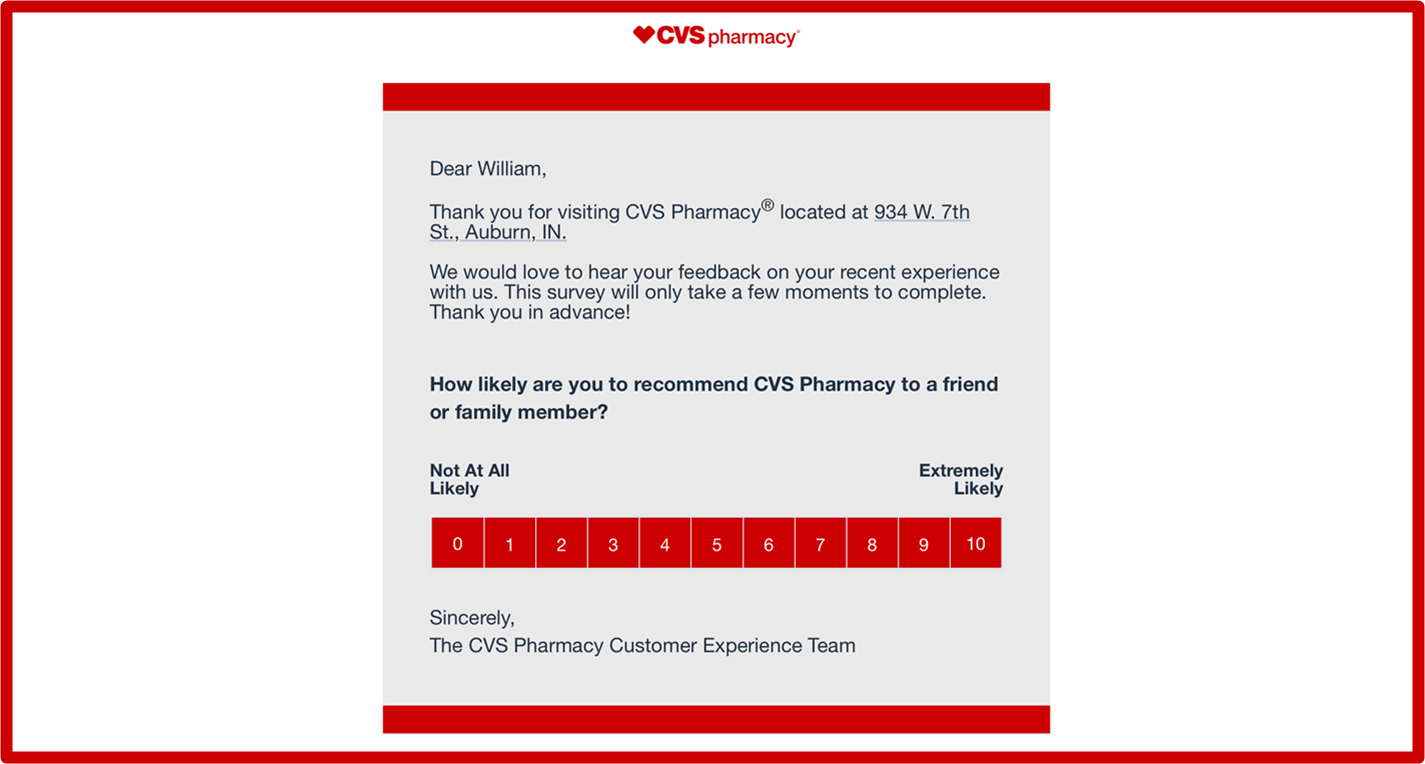Earlier this week I went to our local pharmacy for a tetanus vaccine booster. All went well, and I am good for another ten years. Bring on the rusty nails.
By the time I arrived home fifteen minutes later, an email from the pharmacy asking for some feedback on my experience was in my inbox. How likely am I, they wanted to know, to recommend the pharmacy to a friend or family member? Probably very unlikely. Not that there were any problems. It’s just that, first, I can’t recall a time when I have recommended a pharmacy to a friend or family member, and I can’t imagine such a time coming any time soon. Second, I don’t think my opinion matters much.
Of course, we all know the ratings game. It’s big business. Freelancers make good money writing 5-star (or 1-star!) Amazon reviews for products they’ll never use. This past week we’ve seen businesses and professional practices on the wrong side of the partisan divide inundated with negative Google ratings. Christians were called to leave their church based on whether or not the pastor gave sufficient sermon time (or too much sermon time) to the events of the week.
Everyone has an opinion, and CVS wants mine. Everyone has an opinion and thinks they need to post it, podcast it, TikTok it, scream it to passing traffic, or hit those with an opposite opinion over the head with it.
What if we decline the invitation, resist the urge, to state our opinions all the time and everywhere? I am all for conversation and dialogue, healthy debate, among friends and in the public square. Limits to our First Amendment right to freedom of speech should be few. But when social media and online discussion boards tempt the lesser angels of our nature and drive us to conversation that is vicious in its vocabulary and incendiary in its intent, it may be time to remember the words of James regarding our spoken words – and surely our posted words, “The tongue is a fire, a world of unrighteousness. The tongue is set among our members, staining the whole body, setting on fire the entire course of life, and set on fire by hell.” (James 3:6 [ESV])
Paul advises his Roman friends to welcome the one who is weak in faith, “but not to quarrel over opinions.” (Romans 14:1 [ESV]) The word translated “opinions” can mean something as benign as thoughts or discourse, but, as Paul writes, also arguments, disputes, contention. “Don’t quarrel over opinions,” Paul tells the Romans and us.
We live in times that are fraught with danger, discouragement, division, and discord. Yes, Christians should speak up. As Peter writes, “always (be) prepared to make a defense to anyone who asks you for a reason for the hope that is in you; yet do it with gentleness and respect.” 1 Peter 3:15 (ESV) Again, Paul to the Romans, “If possible, so far as it depends on you, live peaceably with all”. (Romans 12:18 [ESV])
If you’re looking for a pharmacy in Auburn, Indiana, I have an opinion I will share with you if you so desire. If you have something to say about the times we live in, remember that “if we speak in the tongues of men and of angels, but have not love, we are a noisy gong or a clanging cymbal.” (1 Corinthians 13:1) That’s more than an opinion.

